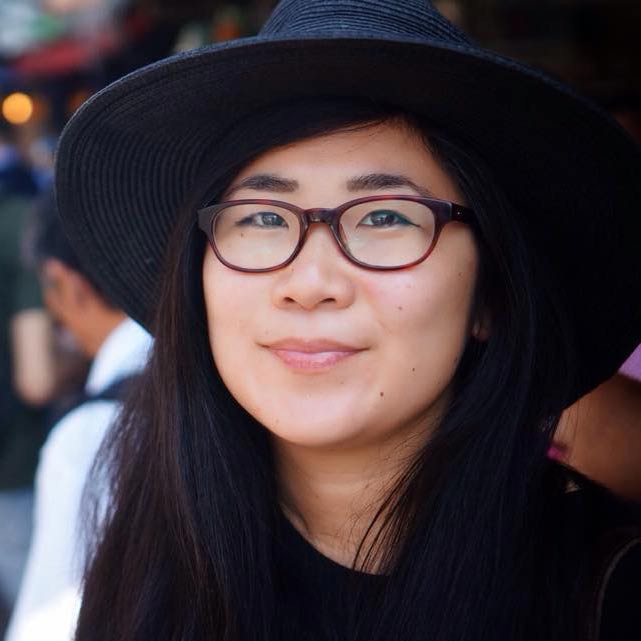Listening across difference in feminist digital spaces
Is it possible to listen across difference in feminist digital spaces? That is the question being investigated by School of Humanities and Social Science researcher and member of the Centre for 21st Century Humanities, Dr Julia Coffey.
She is a sociologist, specialising in research on topics of youth, gender, feminism and the body.
A recent research project conducted by Dr Coffey and Dr Akane Kanai, from Monash University, and funded by the Gender Education Association, aimed to investigate how feminists listen across difference in an attempt to understand each other and resolve conflict. The research involved two workshops held in Melbourne and Newcastle where feminists of all ages and backgrounds came together to talk about how they experienced conflict in online settings like Facebook, Instagram and Twitter.

Dr Coffey said online conflict has become something of a sore spot of late for many internet users, particularly feminists.
“Many participants in our workshops mentioned that witnessing or being involved in feminist conflict was uncomfortable, made them doubt themselves and their beliefs and took a lot of ‘feeling work’ to try and understand what they felt,” she said.
“So many of us are active social media users as part of our everyday internet lives, and many of us have surely felt the kind of intense discomfort that comes from being involved in an online argument – feeling your face flush, your heart race a little or just a general feeling of being uncertain. The intensity of these feelings can make engaging in online spaces difficult or troubling for many people, which is why this research project seeks to understand what those feelings are about and how we can continue to listen to each other even when we feel afraid, ashamed, excited or even amused.”
Dr Coffey said the feelings associated with conflict can affect how we listen during an argument or disagreement in online settings.
“The question Is listening possible during online conflict? was addressed by several participants during our workshops. The lack of visibility of other participants in online spaces could be distancing for some participants where they felt like they weren’t being heard.”
A number of participants in the workshops described how they found face-to-face discussions more productive and helpful, especially in how listening in a physical, face-to-face setting meant experiencing the affective approval from other participants through nodding and affirming the speaker.
“Participants in the workshops suggest that an offline, face-to-face context provides participants with more capacity to affectively influence each other through non-verbal cues when they disagree. We think it’s important to note that disagreement is a feature of both online and offline interactions – do we just need better tools to overcome the challenge of being physically absent in online space?” Dr Coffey asks.
Dr Coffey points to the plethora of “netiquette” guidelines that exist, especially in education settings. ActionAid Australia has also developed a set of guidelines for intersectional feminist discussion spaces.
“While these toolkits are useful as a starting point, it might be worthwhile developing guidelines for social media discussion and disagreement,” Dr Coffey suggests.
“We think that listening is possible during online feminist conflict, but there needs to be more guidance around what we might do to make it more likely. What this guidance looks like in practice requires more in-depth investigation into everyday user practices and interactions.”
Dr Kanai and Dr Coffey are currently writing full project findings into journal articles and a report to be shared with gender equity stakeholders. They are also exploring future funding opportunities to enable this study to be broadened to a wider field of participants and contexts to further understand the dynamics of conflict and engagement in online activist spaces.
For further information on this study or to request future updates please contact Dr Julia Coffey.
Related news
- Launch of the School Students’ Statement on the Right to a Healthy Environment
- Funding boost to technology for lower emission steel
- Newcastle team on mission to improve childhood cancer outcomes
- Shanae’s passion for caring delivers her dream to work in health
- Food and nutrition degree serves Keren a rewarding career
The University of Newcastle acknowledges the traditional custodians of the lands within our footprint areas: Awabakal, Darkinjung, Biripai, Worimi, Wonnarua, and Eora Nations. We also pay respect to the wisdom of our Elders past and present.